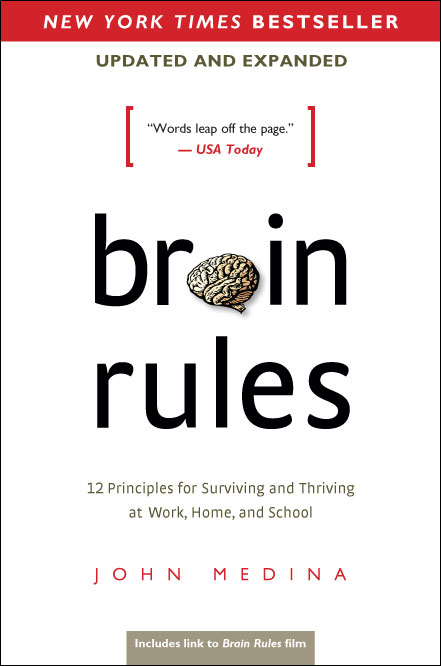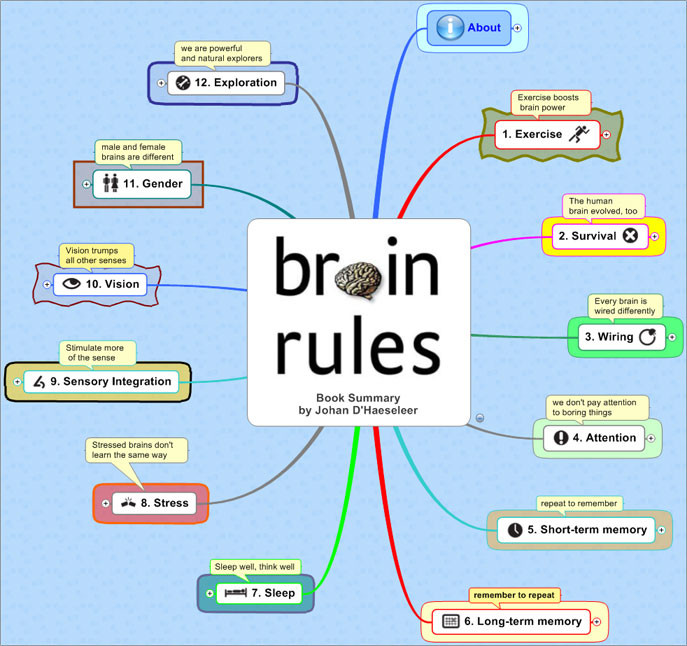In the rapidly evolving job market, applicants and employers alike value the ability to juggle multiple tasks simultaneously. However, this coveted skill, widely known as ‘multitasking’, may not be as beneficial or even as real as we are led to believe. Understanding the limitations of multitasking, especially during job searches, can help both employers and candidates set more realistic expectations and foster a more productive work environment. This article explores the myth of multitasking and highlights red flags in job descriptions that overemphasise this trait.
The Myth of Multitasking
Multitasking, in the context of cognitive tasks requiring attention, is a concept that has been debunked by neuroscientific research. The human brain processes information sequentially, focusing on one task at a time, despite appearances to the contrary. Activities such as walking and talking, or playing a musical instrument with both hands, might seem like multitasking. However, these are examples of tasks that do not compete for the same cognitive resources. When it comes to tasks requiring focused attention, the brain’s capacity is limited to managing one task at a time.
A vivid example of the multitasking illusion can be seen in the experience of assisting a high school student named Eric with his homework. Surrounded by a myriad of distractions including music, instant messaging, and multiple open windows on his laptop, Eric’s ability to concentrate on writing a paper was significantly compromised. This scenario illustrates the core issue: the brain’s attentional resources are not capable of genuine multitasking when it involves tasks that require focused cognitive engagement (Brain Rules Blog, 2008)[1]Brain Rules. (2008) The brain cannot multitask [blog entry]. Brain Rules. [Accessed 06 February 2024]. Available at: <https://brainrules.blogspot.com/2008/03/brain-cannot-multitask_16.html>..

Understanding the Executive Network
The brain’s Executive Network plays a crucial role in task management, involving a series of steps each time we switch from one task to another. These steps—shift alert, rule activation for the initial task, disengagement, and rule activation for the next task—highlight the sequential nature of task processing. This process is not only time-consuming but also prone to errors and inefficiencies, particularly when frequent task-switching occurs.
Research indicates that interruptions or task-switching can lead to a 50% increase in the time taken to complete tasks and a similar increase in error rates (Rogers & Monsell, 1995)[2]Rogers, R.D., & Monsell, S. (1995) Depth of processing and the retention of words in episodic memory. Journal of Experimental Psychology: General, 124(2), pp. 207-231.. This suggests that the perceived ability to multitask may be detrimental to productivity and accuracy.
Red Flags in Job Searches
Job seekers should be wary of positions that heavily emphasise multitasking as a required skill. This requirement might indicate a work environment where constant interruptions and task-switching are the norm, potentially leading to decreased productivity and increased stress. Instead, look for job descriptions that value the ability to focus deeply on tasks, manage priorities effectively, and create strategies for minimising distractions.
Conclusion
The romanticisation of multitasking in job searches and workplace culture overlooks the fundamental nature of how our brains operate. As elucidated by the insights from the Brain Rules DVD, true productivity stems from focused, sequential attention to tasks. Both job seekers and employers would do well to heed the science behind attention and productivity, fostering environments that prioritise depth of focus over the illusion of multitasking.
Author website: Dr John Medina
Twitter: @BrainRulesBooks
Purchase on Amazon: Brain Rules
Publisher: Pear Press
Published: 8th May 2014
ISBN-13: 978-0983263371
#MythOfMultitasking #BrainRules #ProductivityTips #AttentionSpan #SequentialProcessing #TaskSwitching #WorkplaceEfficiency #JobSearchAdvice #CognitiveScience #AvoidMultitasking
References
| ↑1 | Brain Rules. (2008) The brain cannot multitask [blog entry]. Brain Rules. [Accessed 06 February 2024]. Available at: <https://brainrules.blogspot.com/2008/03/brain-cannot-multitask_16.html>. |
|---|---|
| ↑2 | Rogers, R.D., & Monsell, S. (1995) Depth of processing and the retention of words in episodic memory. Journal of Experimental Psychology: General, 124(2), pp. 207-231. |




